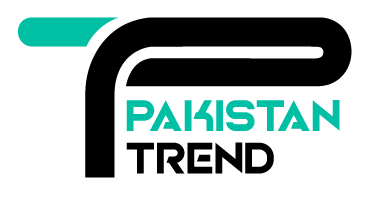The Delhi Education Minister, Atishi Marlena, has announced the continued closure of primary schools in Delhi until November 10 due to the persistently high levels of pollution.
This decision also allows grade 6-12 schools the option to transition to online classes in response to the ongoing pollution crisis.
Didn’t Atishi Marlena say that there was NO govt data to show what caused pollution? So why the odd-even scheme now? https://t.co/mRaqJD2OjQ
— Arun Krishnan 🇮🇳 (@ArunKrishnan_) November 6, 2023
Delhi currently holds the unfortunate distinction of being the world’s most polluted city, as indicated by real-time rankings from the Swiss group IQAir.
The city’s Air Quality Index (AQI) recently reached a hazardous level of 471, marking it as a significant health concern. In comparison, Lahore in Pakistan recorded a “very unhealthy” AQI of 261.

The falling air quality conditions have also had repercussions in the field of sports, leading to Sri Lanka’s cancellation of a training session due to the toxic air. This decision arose as the team was preparing for a World Cup match against Bangladesh, scheduled to be held in New Delhi.
To put it in perspective, an AQI of 0-50 is considered good air quality, while levels between 400-500 are hazardous and pose serious health risks, particularly for individuals with pre-existing medical conditions.



